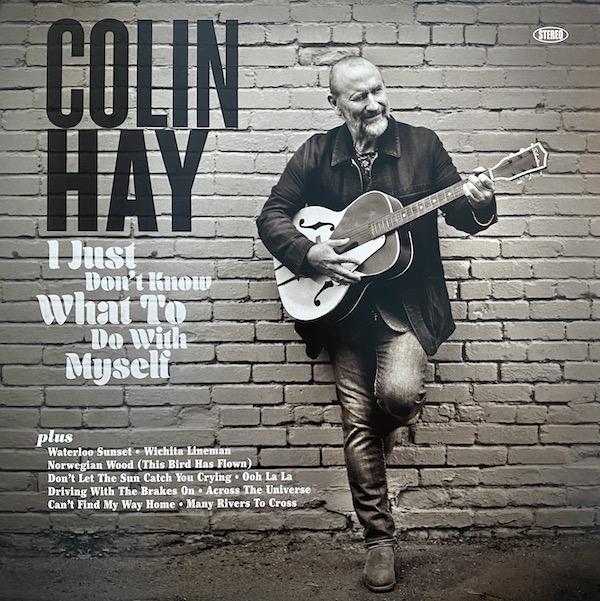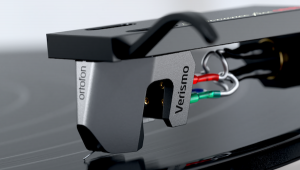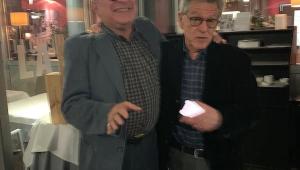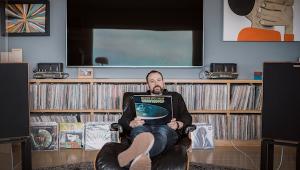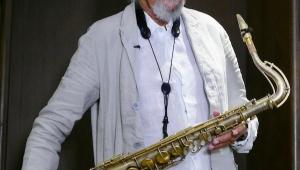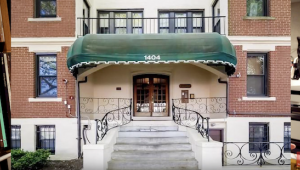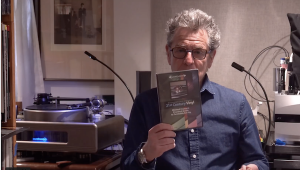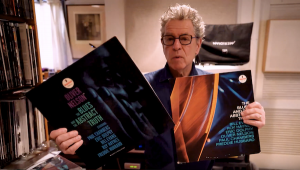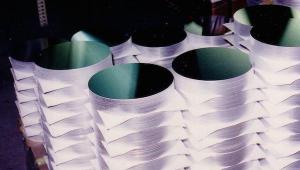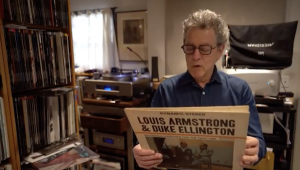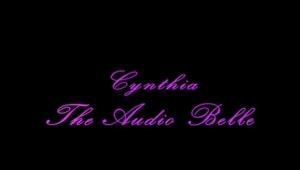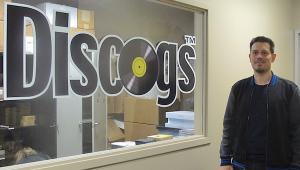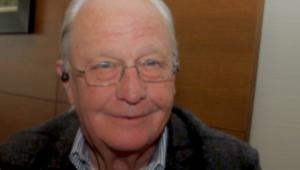I am in that certain age where Men At Work were everywhere. I always liked that album, and as a drummer, I always thought the drums sounded great. Glad to read that Colin feels the same way. Speaking of drummers, when Chad says"...I was the drummer in this band called School of Fish..." I felt the need to comment. IMO School of Fish was a seriously under rater band. They should have been much bigger than they were.
Nice interview, and the album sounds great - streaming via Qobuz thru Roon.
